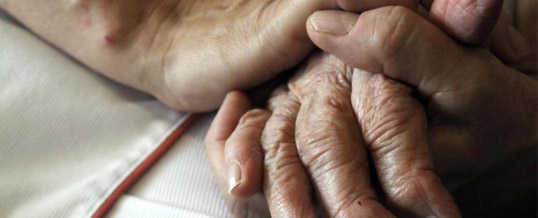Caring.com, a wonderful resource for family members who are acting as caregivers, posts that being able to re-direct a patient is one helpful way to communicate your way through stressful moments.
“Re-direction” essentially entails changing the topic when the patient becomes obsessed with one subject and acts agitated or angry. Behavior that is often “out-of character” for a dementia patient can sometimes be thwarted when caregivers divert attention from stressful situations to something more pleasant.

Brian Carrigan
Founder & Co-Manager
One example involves the story of a man retired for 10 years who one morning grows irritated because he thinks he is going to miss his train to work. The man’s daughter suggests he first enjoy a hearty breakfast then assures him she’ll drive him to the train station. Success. The man was able to relax and eat breakfast, and she was able to take the edge off a potential day-spoiler.
Another coping method for communicating with Alzheimer’s patients is known as “therapeutic lying.” The Wall Street Journal defines this type of lying as “going along with elders in their confusion to avoid conflict.” AllNurses.com describes the communication technique as “the practice of telling little ‘white lies’ or fibs to prevent from agitating the patient.” While it may be a difficult assignment to lie to a family member, StrengthofCaring.com suggests that since most dementia and Alzheimer’s patients are no longer grounded in reality, being truthful can turn out to be more stressful for both patient and caregiver.
Consider the patient who may not realize that relatives are deceased and wonders aloud where they are. Reminding the patient that a spouse or other beloved relative is dead may present undue distress and can even feel cruel.
Learn to forgive yourself. Daily. While you may occasionally feel guilty, realize that in these stressful moments, you are caring for your loved one the very best way you can and “lying” may turn out to be the best medicine you can give.

 RAH in the News – OnlineAthens
Prev post
RAH in the News – OnlineAthens
Prev post



